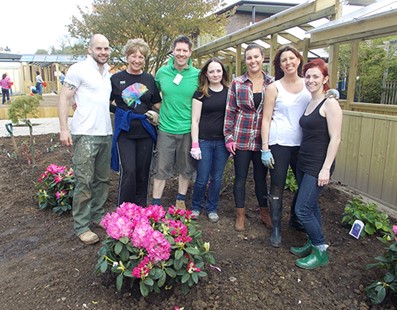.jpg?w=200&h=200&scale=both)
Charity Overview
Tusk is a dynamic and pioneering organisation, and a highly effective force in African wildlife conservation. Over the past 25 years Tusk has built a reputation for investing in an impressive range of projects that use conservation as a tool to alleviate poverty, improve education and reduce conflict, while also protecting areas rich in biodiversity. Since its inception Tusk has invested more than £30 million through more than 100 projects across 18 African countries, protecting 36 threatened species, supporting 1,000,000 people and promoting the education of over 500,000 schoolchildren.
The three projects supported by ICAP epitomise Tusk’s overall approach of combining wildlife protection with education and support to the local rural communities.
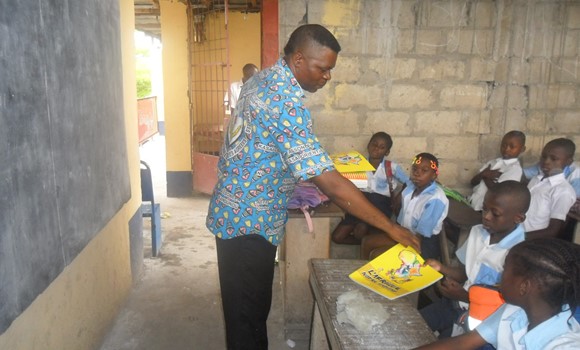
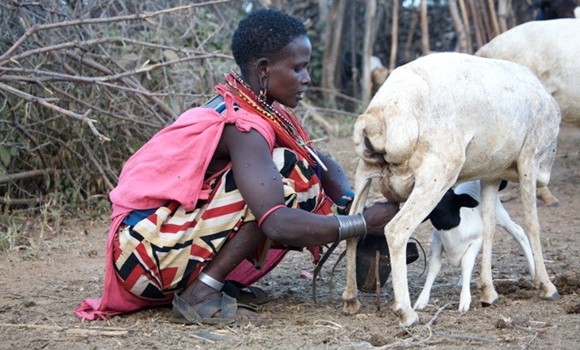
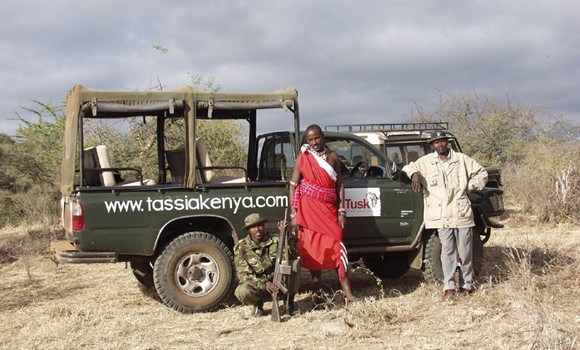
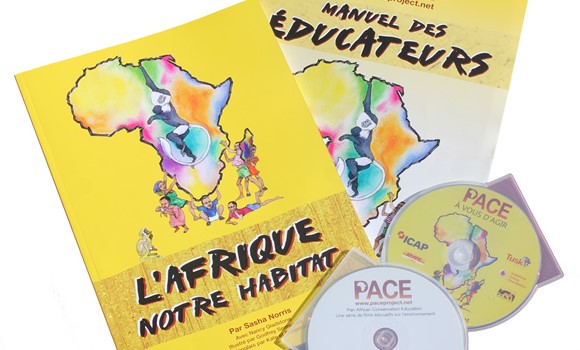
Project Summary
NRT - Tusk has been helping communities set new standards in conservation through the Northern Rangelands Trust (NRT). For example, previously marginalised pastoralists are now being empowered to develop conservancies and protect their “own” wildlife on their own land. Communities that were once in conflict with each other have now began uniting and benefit from steady employment, improved security, tourism and community support. NRT encourages self-sufficiency in conservation, natural resource management and nature-based enterprise.
ICAP’s incredibly generous grant has made a considerable difference to three of Tusk’s flagship projects at very important stages in their development, enabling us to grow our conservation legacy and provide a lasting benefit for Africa’s people and wildlife.Charlie Mayhew, Chief Executive, Tusk Trust.
In 2012, NRT worked with 19 conservancies to the benefit of 110,000 people. This has since grown to 33 conservancies, benefitting more than 400,000 people who are collectively protecting an area of more than four million hectares. Elephant poaching has been significantly reduced (with a 43% reduction between 2012 and 2014). The project has become a blueprint for community-led conservation.
The first day of camp was very interesting because of the games that we played. It was very comforting too because it is really good to socialise with people with the same status because you can share and ask questions about the medications because they will not discriminate against you ’cause you are the same status.Thank you letter from a schoolchild who attended the Boitumelo mo Nageng Camp.
ICAP’s support has had a significant role to play in this overall success, supporting five conservancies, namely Lekurruki, Mpuskutuk, Nakuprat-Gotu, Nasuulu and Ruko. ICAP funding went towards 109 ranger’s salaries, the maintenance of four conservancy vehicles, medical costs, field rations, as well as road and airstrip maintenance and the purchase of essential equipment. ICAP’s support has ensured that these conservancies remain effective – particularly with regards to reducing poaching.
Tusk believes that education is the key to long-term conservation success and sustainable development, and thanks to ICAP’s support Tusk have been able to significantly extend its reach and impact into parts of Africa where the charity have not previously had the capacity to operate.
The Mokolodi Education Centre - ICAP’s support is also helping connect people with nature. On 4,500ha of former cattle ranch near Gaborone, Botswana, the Mokolodi Education Centre and Nature Reserve is home to all manner of wildlife, including white rhino, cheetah, brown hyena and mountain reedbuck, which more than 12,000 schoolchildren get to see and interact with every year through residential or day environmental courses. These include courses for children from disadvantaged and poor rural backgrounds, many suffering or orphaned as a result of HIV / AIDS, for whom the courses are an adventure of a lifetime, leaving them better able to face the challenges of their difficult lives.
Tusk has been a long-term investor since the nineties, ICAP has supported five residential camps per year for 60-70 disadvantaged children each, for three years. Funds raised at ICAP Charity Day in 2012 were dedicated to this end, changing the lives of more than 1,000 children. The “Boitumelo mo Nageng” (Joy in the Bush) camps combine wildlife conservation, environmental awareness, therapeutic recreation, and health education in an atmosphere that is conducive to having fun. Different themes are explored for the different camps, and over the course of the grant these have included: Indigenous Knowledge, Cultural Practices and Sustainable Development. Students had the opportunity to express their conservation awareness and feelings through storytelling, creative writing and drama. These courses all aim to establish a group of young people that is committed to upholding strong social and environmental values for future generations.
PACE - Building Capacity for Environmental Education in Francophone Africa, is Tusk’s Pan African Conservation Education (PACE) project, which runs in partnership with Siren Conservation Education. Through film and the written word, and implemented through a network of schools and local organisations throughout Africa, the PACE project provides useful information on these practical techniques, and helps to inspire interest in and awareness of important and fundamental environmental issues. With ICAP’s support, this project was rolled out across francophone Africa. By the end of 2015, PACE materials had reached 36 African countries, 12 of which have significant francophone populations: Rwanda, Cameroon, Madagascar, Niger, Mali, Senegal, Ivory Coast, Togo, Gabon, Democratic Republic of Congo, Burkina Faso, and Benin.
The PACE pack covers seven topics – Living with Wildlife, Soils, Forests, Water, Energy, Living by the Ocean and Urban Living – and consists of a series of 32 short educational films on DVD or video, a beautifully illustrated children’s book – Africa Our Home – an educator’s booklet, a contact directory, a CD with 80 action sheets and an educational poster. ICAP’s support enabled 4,000 copies of the children’s book “L’Afrique Notre Habitat” to be printed and 1,000 each of all the supporting materials to be produced. Over 60 schools and organisations received the packs and use them in their teaching programmes. The French packs were distributed in 2015 to 146 different schools, organisations and individuals who are now using and sharing them with their colleagues. Feedback has been very positive and tree planting, fuel-efficient stoves and improved rainwater harvesting techniques have all been promoted across several regions.
Finally, ICAP’s grant has also enabled Tusk to provide some additional support for educators and organisations in Madagascar and Cameroon to make the most of the materials they have received and build capacity for environmental education in their respective regions.




